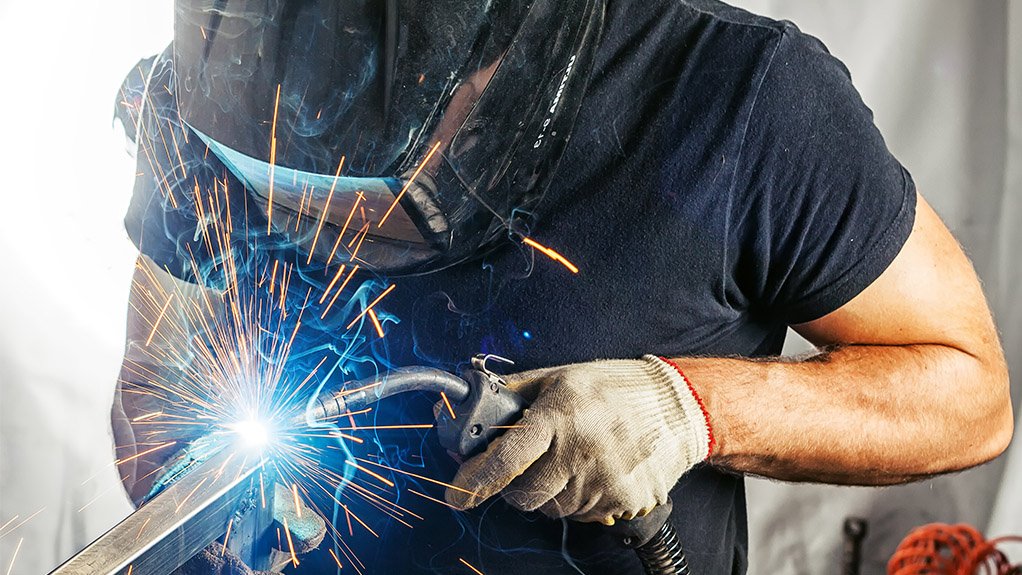Amid a growing global population, and increasing pressure on manufacturing, infrastructure and power generation, welding is a significant global industry and plays a critical role in the world’s ability to cope with these pressures and drive significant progress.
Industry body the Southern African Institute of Welding (SAIW), as part of a task group of international scientific and engineering body the International Institute of Welding (IIW), is working on a report: ‘The Importance of a Country’s Welding Industry, its National Welding Capability (NWC) and their significance to the United Nations (UN) Sustainable Development Goals (SDGs)’.
The report – to be published by the end of the year – is split into a short and long report and is an outcome of the SAIW’s NWC project.
It will provide guidance in the form of practical ideas and recommendations on how a country’s welding industry can improve its NWC while progressing targeted UN SDGs.
“It is hoped that the guidance, ideas and recommendations in the report will lead to enhanced cooperation and collaboration among countries, governments, industries, aid agencies and organisations in mutually beneficial projects to enhance NWCs and SDGs,” expresses SAIW executive director John Tarboton.
The IIW provides a cooperative and collaborative platform for experts, practitioners and policymakers in welding to share technical information in all areas affecting a country’s ability to achieve sustainable development and fulfil their responsibilities in a cooperative and converging global community.
“The IIW community is dedicated to the concept of helping countries build their sustainable welding capabilities to meet these challenges and improve people’s quality of life. The IIW project, titled ‘Establishing NWC in a Country’, is a means of achieving this,” says Tarboton.
The IIW was founded in 1948 by welding institutes or societies from 13 countries, including South Africa, which considered it crucial to make more rapid scientific and technical progress in welding on a global basis. Current membership comprises welding organisations from 51 countries.
Meanwhile, SAIW has been supplying the IIW with plastic-replica weld samples for global harmonised training and the examination of the IIW’s International Welding Inspection Personnel (IWIP) programme.
SAIW won the tender to supply the IIW’s 51 authorised nominated bodies with these plastic-replica weld samples for training and examinations. A training kit consists of four samples and an examination kit of 12 samples. To date, 63 training kits and 63 examination kits have been ordered and dispatched to 21 of these nominated bodies.
The authorised nominated bodies offering the IWIP qualification will, from next year, have to use these harmonised plastic samples, with Tarboton noting that further orders are expected.
“This project has undoubtedly helped to raise SAIW’s profile within the global welding community,” he concludes.
Edited by: Nadine James
Features Deputy Editor
EMAIL THIS ARTICLE SAVE THIS ARTICLE
ARTICLE ENQUIRY
To subscribe email subscriptions@creamermedia.co.za or click here
To advertise email advertising@creamermedia.co.za or click here













